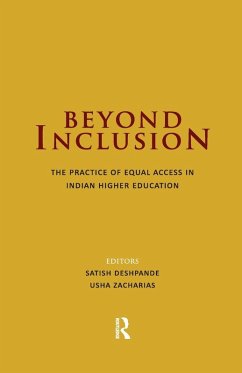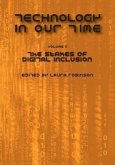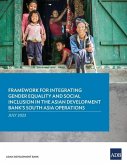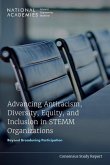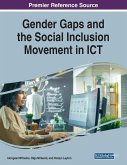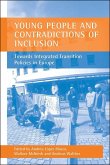In India, two critical aspects of public policy - social justice and higher education - have witnessed unprecedented expansion in recent years. While several programmes have been designed by the State to equalise access to higher education and implement formal inclusion, discrimination based on caste, tribe, gender, and rural location continues to exist. Focusing on the concrete experiences of these programmes, this book explores the difficulties and dilemmas that follow formal inclusion, and seeks to redress the disproportionate emphasis on principles rather than practice in the quest for equal access to higher education in India. Offering new perspectives on the debates on social mobility and merit, this volume examines a broad spectrum of educational courses, ranging from engineering, medicine and sciences to social work, humanities and the social sciences that cover all levels of higher education from undergraduate degrees to post-doctoral research. It points to various sources of social exclusion by studying a cross-section of national, elite, subaltern, and sub-regional institutions across the states of Rajasthan, Gujarat, Jharkhand, Uttar Pradesh, Punjab, Kerala, and Tamil Nadu. Closely involved with the implementation and evaluation of affirmative action programmes, the contributors to the volume highlight the paradoxical 'sectionalisation' of reserved candidates, the daunting challenge of combating discrimination. Understanding the need to look beyond formal inclusion to enable substantive change, this important volume will be essential reading for scholars and teachers of sociology, education, social work, economics, public administration, and political science, besides being of great interest to policymakers and organisations concerned with education and discrimination.
Hinweis: Dieser Artikel kann nur an eine deutsche Lieferadresse ausgeliefert werden.
Hinweis: Dieser Artikel kann nur an eine deutsche Lieferadresse ausgeliefert werden.

